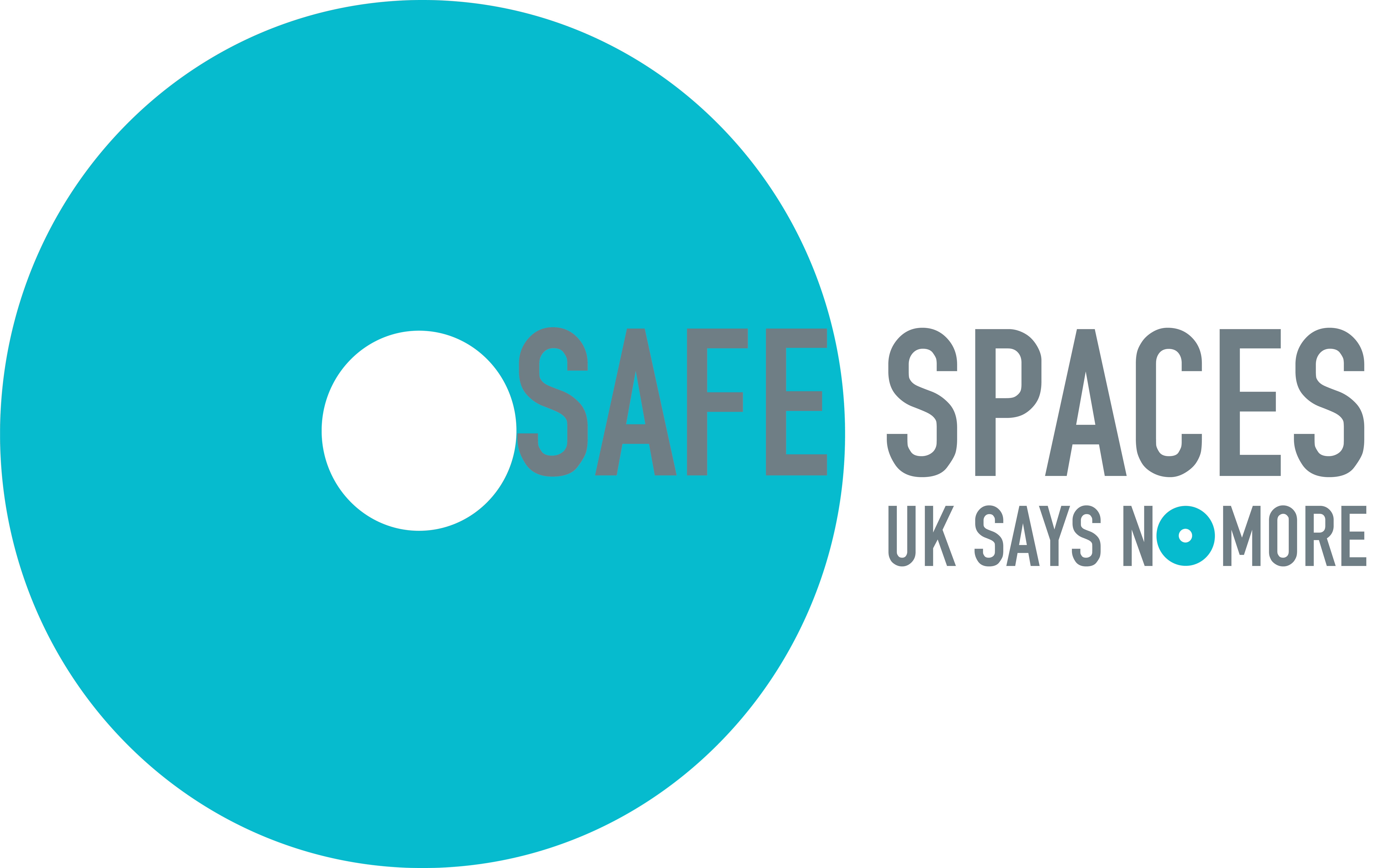BLOG: COVID-19 has highlighted the importance of accessible homes - Helen Evans
18 September 2020

The COVID-19 pandemic has forced many of us to spend more time at home than ever before, and has highlighted the importance of having a well-designed home for our mental and physical wellbeing.
Helen Evans, Chief Executive of Network Homes and Chair of the G15
For the UK’s older population and 1.2 million wheelchair users this has always been the case. Many disabled people who were shielding during lockdown were doing so in homes that were not fully accessible for their needs. Some properties are so restrictive that the occupant can’t come and go as they please at the best of times, let alone during a lockdown. Some may have struggled with their mental health, feeling isolated and perhaps without having access to the support they would usually get in normal times.
Overall, too many disabled and older people are living in unsuitable housing, which can impact on their ability to live independently. Habinteg Housing Association, which has run the #ForAccessibleHome campaign since 2016, estimates there are 400,000 wheelchair users in England who are living in homes which are neither accessible nor adapted. In fact, just 9% of the housing stock in England has basic access features. This clearly needs to be addressed.
Habinteg’s publication last year of a report which found that only 1% of new homes planned to be built outside London by 2030 are set to be suitable for a wheelchair user made for disappointing reading. The report revealed local authorities were not being ambitious when it comes to setting targets for accessible homes. Read the report here.
In a promising move, the Government has announced a consultation into the provision of accessible homes. This is welcome news, but we can’t just wait for government alone to act. Local authorities, planners, developers, housing associations and communities all have a role to play and working in partnership by sharing skills and resource, we can achieve much more.
The G15 group of London’s largest housing associations have already committed to delivering all our social homes as accessible by default and I would urge other housing providers to follow suit
This pandemic should be a rallying cry for all of us to be champions of accessibility and inclusion this #ForAccessibleHomes week.

